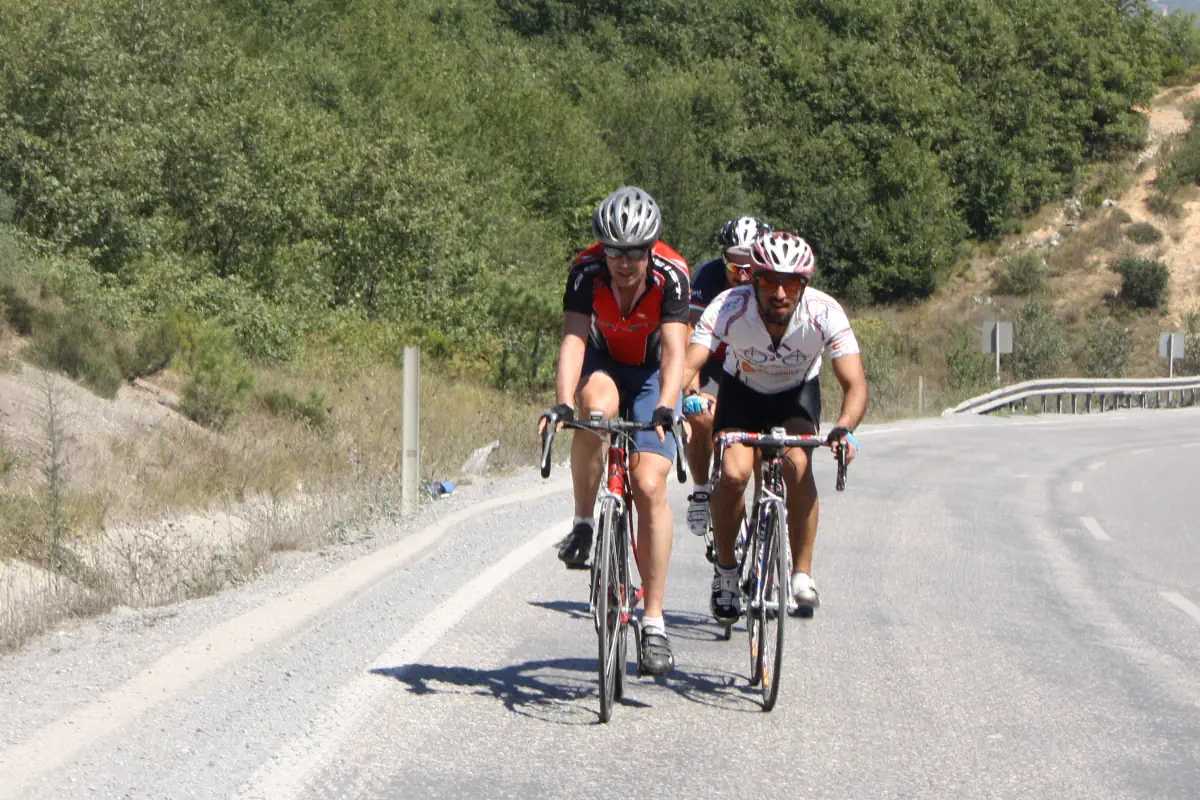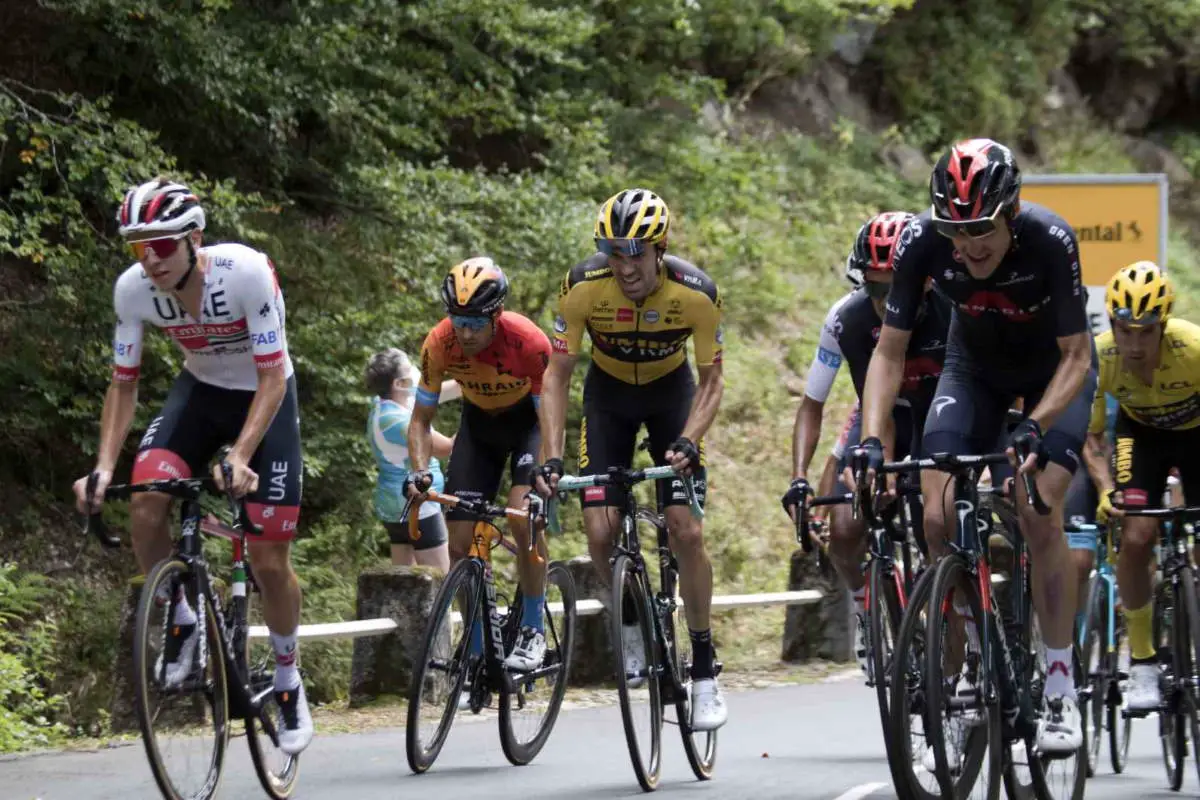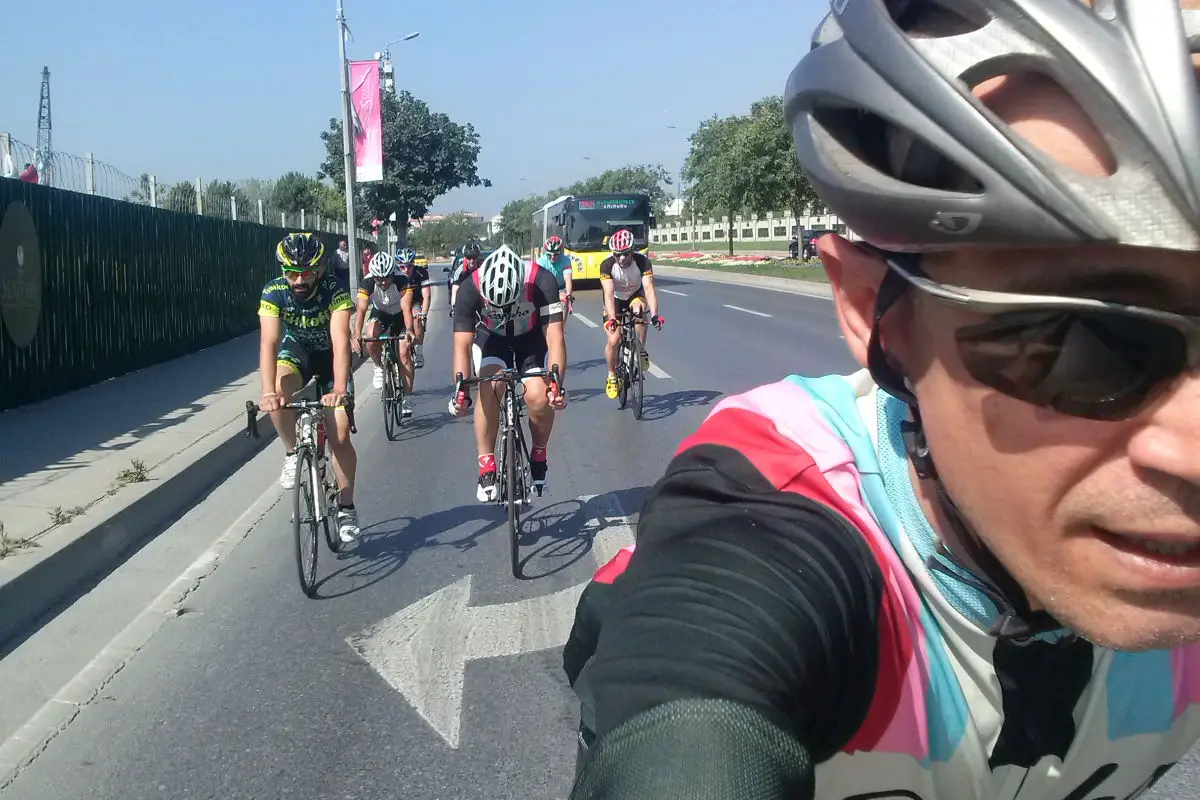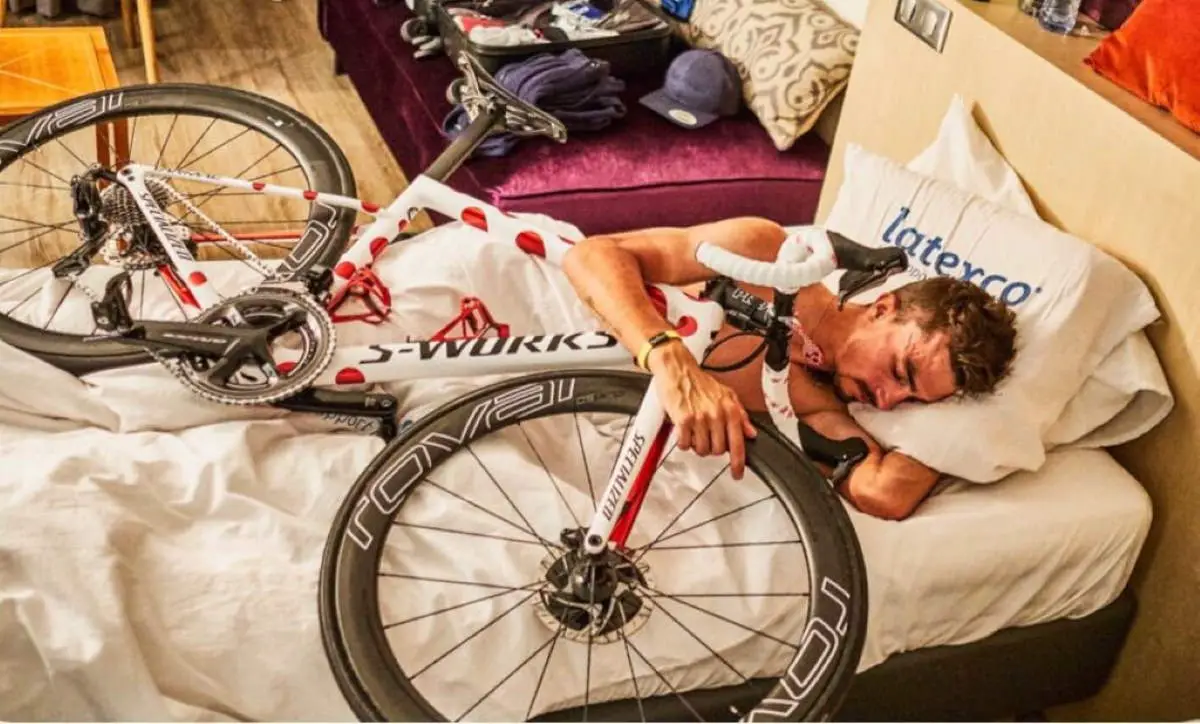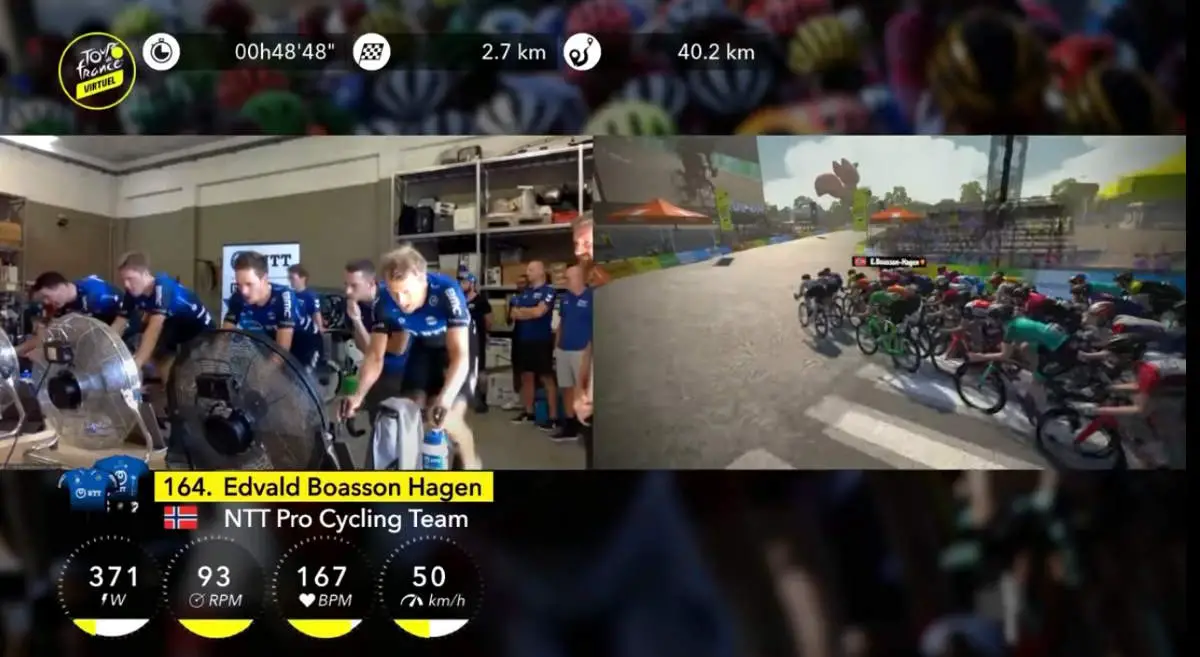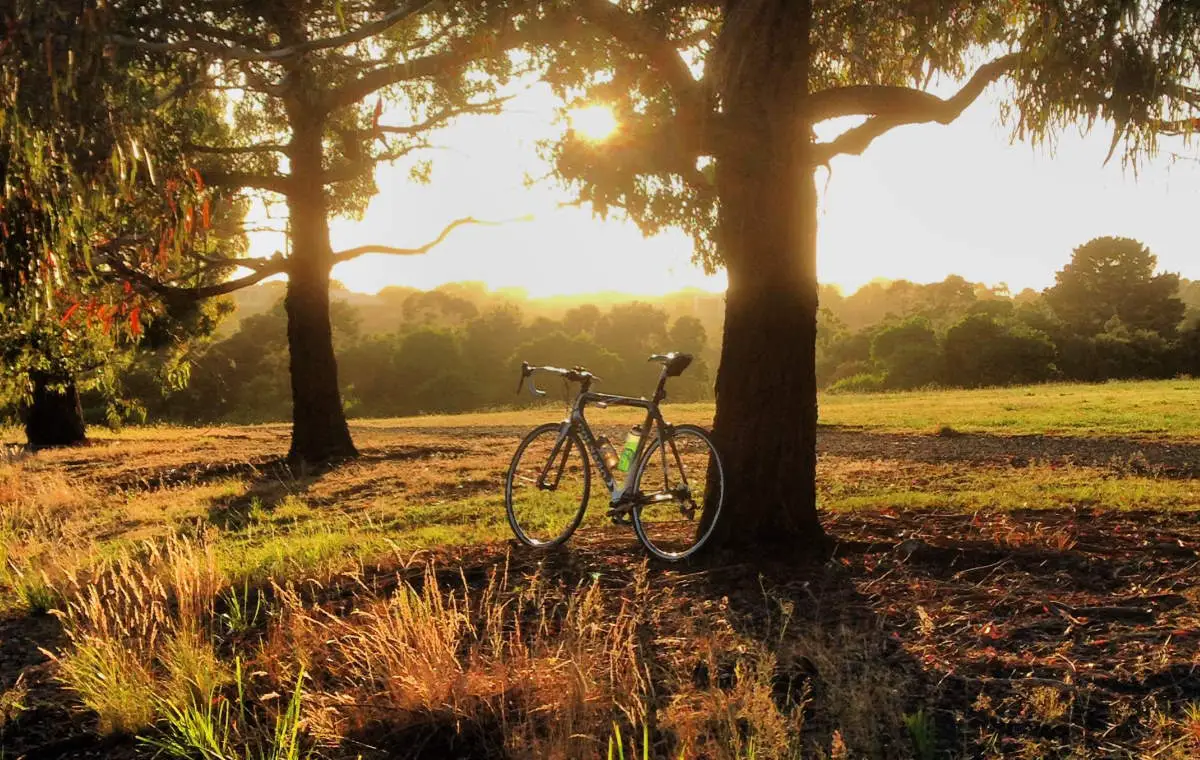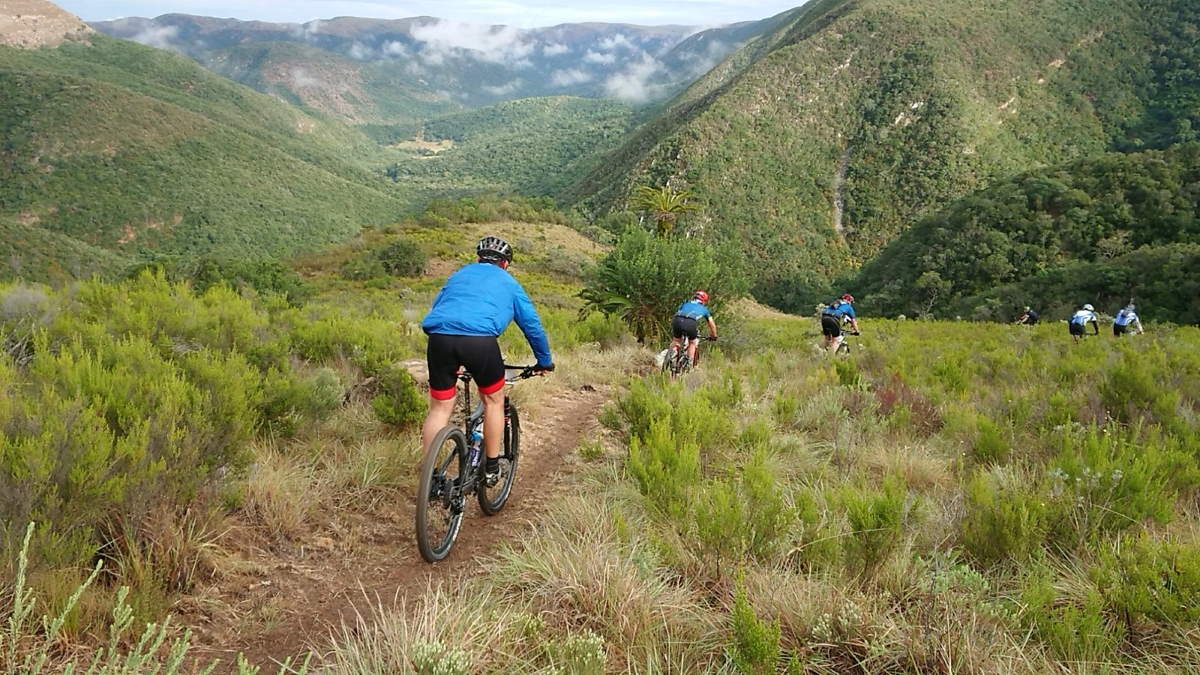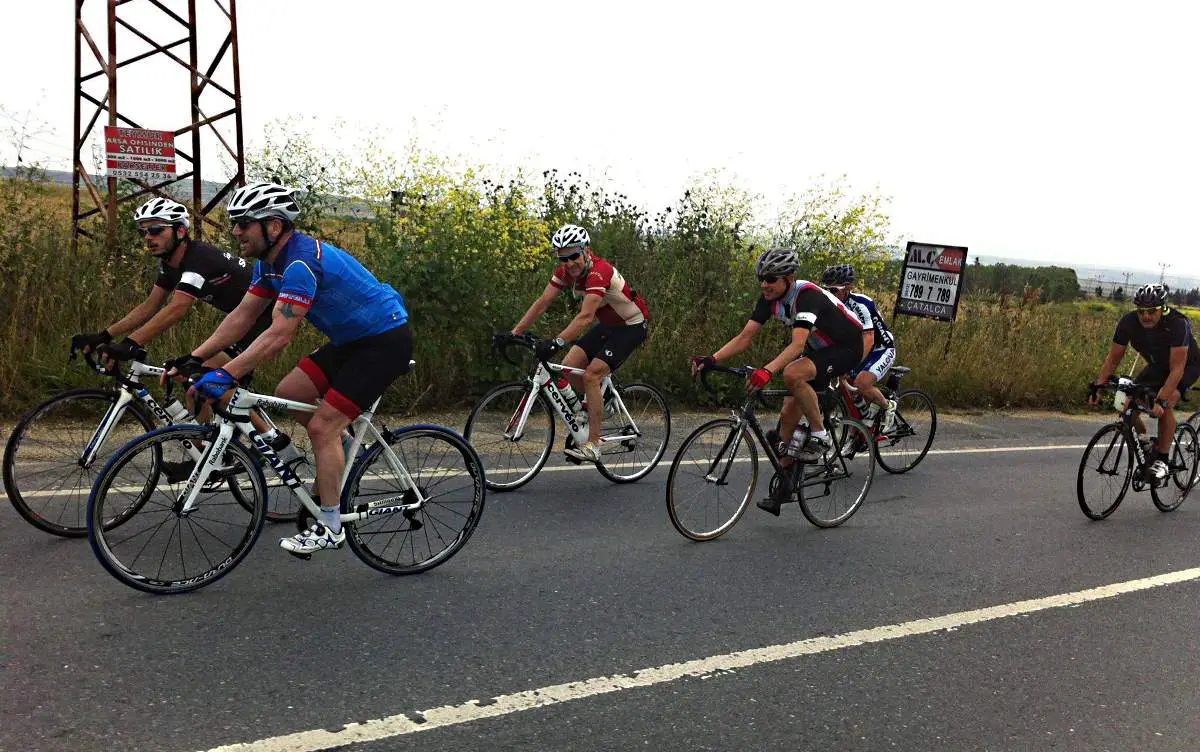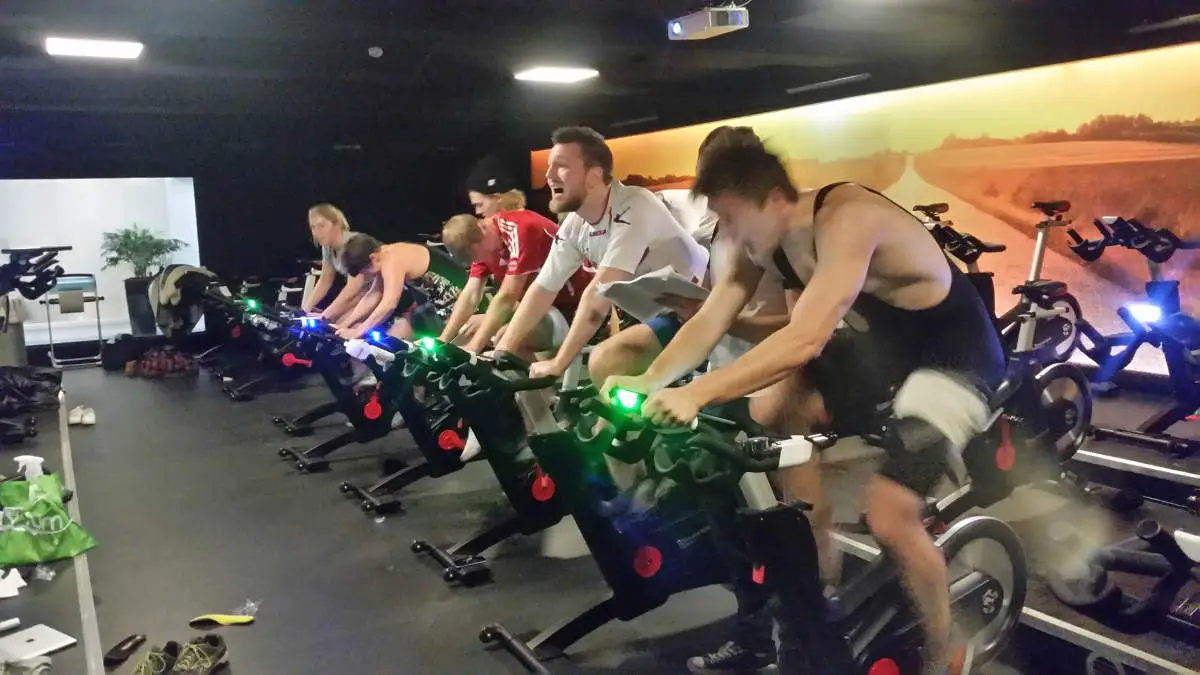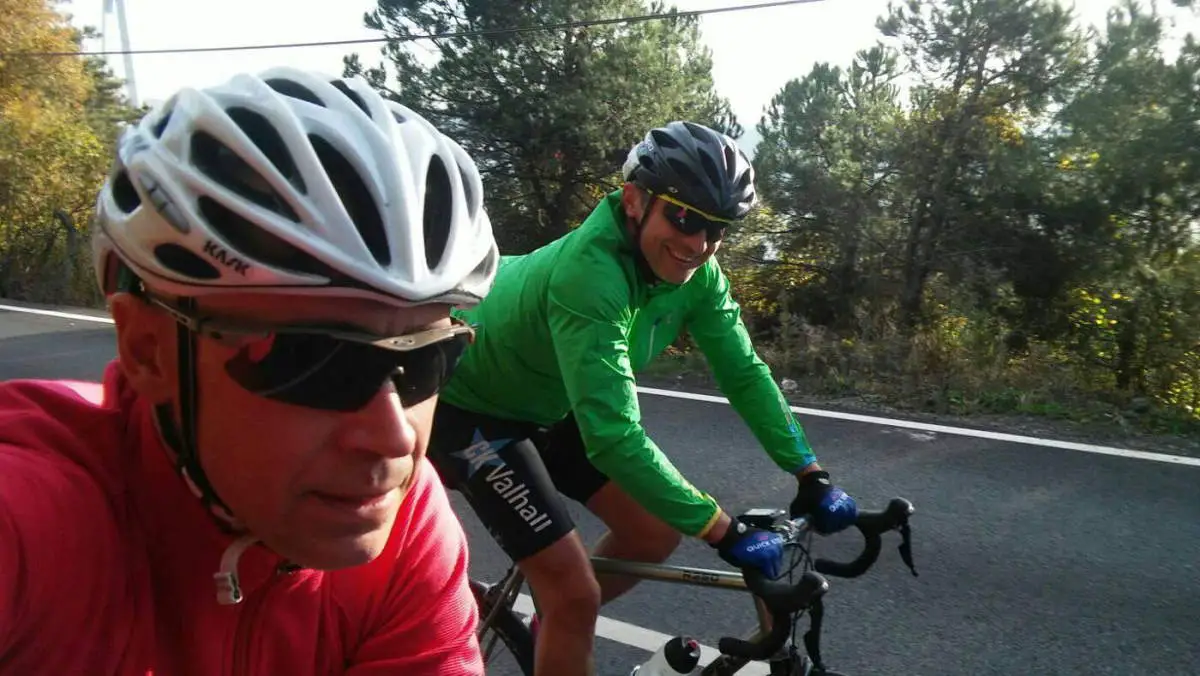When it comes to improving our physical fitness, the time you don’t spend exercising (often known as “recovery”) is as important as the exercise and training you do. Not only is recovery important for anyone who wants to build muscle mass, but taking enough time to recover between training sessions is also important for avoiding …
Continue reading “Overtraining probably isn’t behind your weight loss plateau – here’s why”
